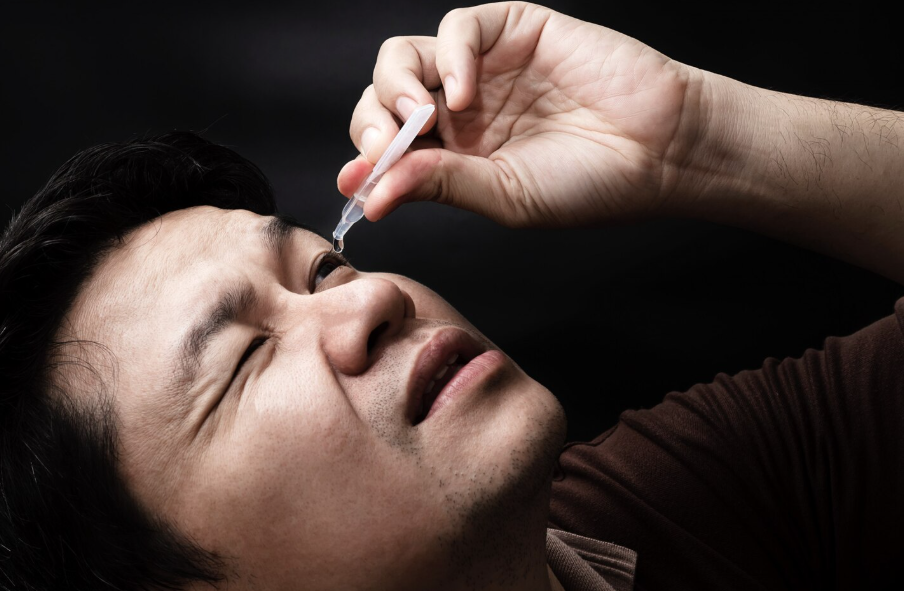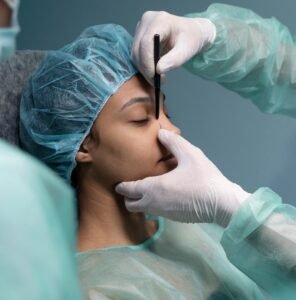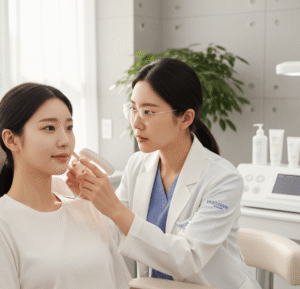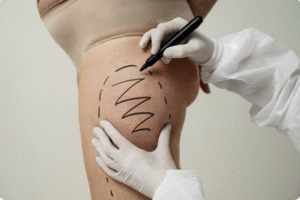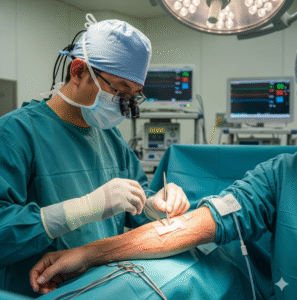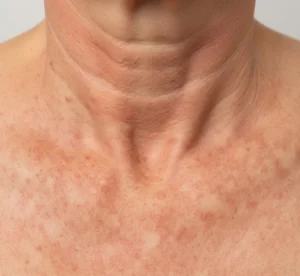Overview
Choroiditis is an inflammation of the choroid, the vascular layer of the eye located between the retina and the sclera. This condition can affect vision and may be acute or chronic. In Korea, advanced ophthalmology centers offer precise diagnosis, imaging, and specialized treatment to prevent vision loss and manage underlying causes.
What is Choroiditis?
Choroiditis involves inflammation of the choroid, which supplies oxygen and nutrients to the retina. It can occur alone or as part of uveitis, affecting the uveal tract. Causes may be infectious, autoimmune, or idiopathic. Early detection is essential to prevent complications such as retinal damage or vision impairment.
Symptoms
- Blurred or decreased vision
- Floaters or dark spots in the visual field
- Eye pain or discomfort
- Redness of the eye (in some cases)
- Sensitivity to light (photophobia)
- Visual field defects or distortion
Causes
- Infections: Bacterial, viral (e.g., herpes), fungal, or parasitic infections
- Autoimmune disorders: Sarcoidosis, Behçet’s disease, or other inflammatory conditions
- Trauma: Eye injury leading to inflammation
- Idiopathic cases where no clear cause is identified
Risk Factors
- History of autoimmune or systemic inflammatory diseases
- Prior ocular infections or eye surgery
- Immunocompromised state (e.g., due to medications or HIV)
- Advanced age or underlying chronic illnesses
Complications
- Permanent vision loss if untreated
- Retinal detachment or scarring
- Formation of choroidal neovascular membranes
- Chronic uveitis leading to glaucoma or cataracts
- Recurrent inflammation affecting quality of life
Prevention
- Prompt treatment of eye infections
- Regular eye check-ups, especially for patients with autoimmune conditions
- Protective measures to prevent eye injuries
- Managing systemic diseases that may trigger inflammation
- Avoiding immunosuppressive risks unless medically necessary
Treatment Options in Korea
Treatment depends on the underlying cause and severity:
- Medications:
- Corticosteroids (oral, topical, or injected) to reduce inflammation
- Immunosuppressive drugs for autoimmune causes
- Antibiotics, antivirals, or antifungals for infectious causes
- Procedures and interventions:
- Intravitreal injections for choroidal neovascularization
- Laser therapy in selected cases to prevent retinal damage
- Specialized ophthalmology centers in Korea:
- Seoul National University Hospital Eye Clinic
- Samsung Medical Center Ophthalmology Department
- Asan Medical Center Eye Hospital, Severance Hospital Eye Center
- Multidisciplinary teams including ophthalmologists, rheumatologists, and infectious disease specialists
- Follow-up care:
- Regular eye examinations with imaging (OCT, fluorescein angiography)
- Monitoring for recurrence or complications
- Vision rehabilitation if necessary

